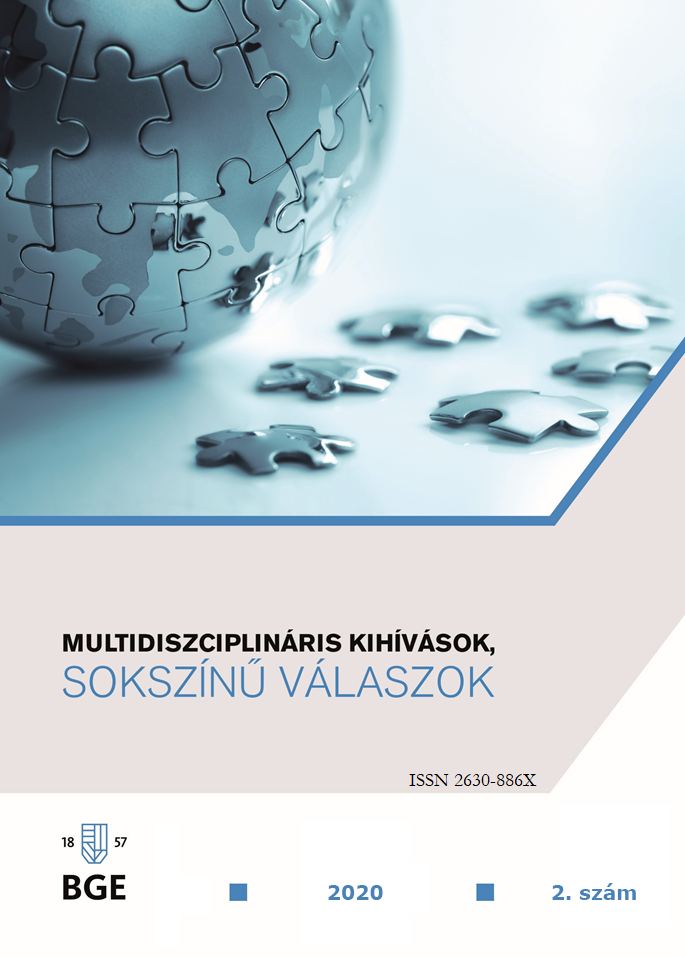Regional Challenges Of Electronic Ticketing At The Hungarian Railway
Abstract
The spread of the Internet and the expansion of cyberspace is playing an increasingly important role in electronic commerce of goods and services. Public transport could not be excluded from this process, as service providers who recognized the benefits of the system on time and applied it in a timely manner were able to gain enormous competitive advantage over their competitors. In the United States, airlines have been introducing electronic commerce solutions for the first time since the early 1980s, as competition was so strong that market players had to grab all the tools to benefit. Today, the vast majority of airline ticket sales take place electronically. In rail transport, e-tickets have also emerged, with the beginning of European distribution in the early 2000s. In the case of the railway, new methods had to be developed, mainly because of the different travel habits, open access, etc. Of course, in this case, too, it was first introduced by capital-intensive and large passenger railway companies such as Deutsche Bahn (DB), Schweizerische Bundesbahnen (SBB) and Société Nationale des Chemins de Fer Français (SNCF). In the Hungarian rail transport, electronic trading opportunities have been introduced with a few years delay. Today, less than 60% of tickets and tickets are sold at ticket offices. According to the statistics of 2018, the number of tickets and passes sold in alternative (vending machines, internet, Vonatinfo) is increasing. My aim in my study is to investigate the challenges of the implementation of the electronic ticketing system and experience of its application at MÁV-START Zrt. During my research I typically use secondary data, foreign scientific results, and internal data of the company.
References
BISIGNANI, G. – PETERS, J. (2005): Change is in the air. Economists, pp. 19-21.
MÁV-START Zrt. belső anyagai (2019)
Hovamegyavonat (2013): A belföldi vasúti felárak legújabbkori története, 1. rész. https://hovamegyavonat.blog.hu/2013/03/12/a_belfoldi_vasuti_felarak_legujabbkori_tortenete_1_resz (2019. 07. 03.)
NG-KRUELLE, G. – SWATMAN, P.A. – KRUELLE, O. (2006): e-Ticketing Strategy and Implementation in an Open Access System: The case of Deutsche Bahn. https://www.researchgate.net/publication/228883725 (2019. 07. 03.)
VKI (2005): A különböző vasúti hálózatok vonali és hálózati hatékonysága, illetve a versenyképesség értelmezése a vasútnál hazai tapasztalatok és nemzetközi példák alapján. p. 66. http://www.vki.hu/~tfleisch/~haver/szakirodalom/haver-KOLLER-vasut.pdf (2019. 07. 03.)
- 345/2012. (XII.6.) Kormány rendelet: egyes közlekedésfejlesztési projektekkel összefüggő közigazgatási hatósági ügyek nemzetgazdasági szempontból kiemelt jelentőségű üggyé nyilvánításáról és az eljáró hatóságok kijelöléséről


























